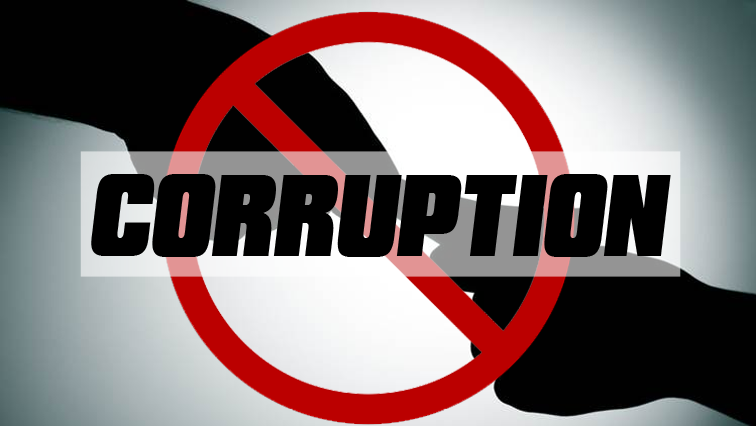The total number of reports on corruption has increased. In 2020, there were 1 995 corruption cases reported to civil society organisation Corruption Watch compared to 1 591 cases last year.
This is an increase of more than 400 cases. The anti-corruption body says 55 % of the bulk of corruption cases reported to them were gathered after the national state of disaster was declared from mid-March.
Corruption Watch released its annual report of corruption trends for 2020 today. Whistleblower allegations of corruption in the South African Police Service, municipal offices, schools, traffic and licensing centres, and the health sector accounted for a third of the reports of corruption.
Complaints against SAPS
In 2019 corruption complaints about the South African Police Service (SAPS) accounted for 9.2 %. That number increased to 13 % in 2020.
The report shows that for the second consecutive year, SAPS leads in terms of complaints received by the organisation.
Whistleblowers express their disappointment and frustrations with the police in a variety of allegations. They highlighted brutality, inhumanness toward the public, and lack of regard for law and order.
Bribery allegations by the police accounted for 31 % of corruption cases reported.
“Thirty-one of the cases speak about bribery while 29 speak about abuse of power and abuse of power includes small business struggles, have their goods confiscated, business people to pay money to the police and mostly during the lockdown period where police would go to communities close down businesses, taking goods and police would actually end up selling the goods. They would actually sell alcohol or cigarettes illegally and then take the proceeds. And also what used to happen is acts of brutality and some of this brutality would occur because members of the public would be unwilling to give up their belongings,” says Researcher at Corruption Watch Melusi Ncala.
Corruption in municipalities
In municipal offices, the most prevalent form of corruption was the misappropriation of resources, accounting for 35 %. Whistleblowers reported that municipal employees embezzled and mismanaged funds meant for service delivery and development.
In some cases, tens of millions of rands were unaccounted for. These funds were allocated for the construction of sports facilities, roads, and houses.
Going hand-in-hand with misappropriation of resources was 19 % of corruption cases related to procurement.
Businesses, at times organised in groupings, paid kickbacks to councillors who in turn would ensure tender projects are exclusively awarded to them. Corruption Watch also received 67 reports of corruption relating to the provision of food parcels during the COVID-19 lockdown.
“You would have councillors taking food parcels that are meant for community members or selling those to community members. In this report, we speak about 67 cases at the local level of government where you have councillors and officials not providing goods to families as mandated by NGOs and government departments.”
Health sector
Corruption in the health sector is among the key areas of concern in this report – accounting for 4 % of reports of corruption received. Employment irregularities at 39 % topped the list.
Whistleblowers reported that vacancies are designed to favour officials’ preferred candidates. Procurement irregularities accounted for 14 % of cases relating to healthcare corruption by senior officials.
“And of course health, we are in a global crisis and health care is of paramount importance and what we seeing there is issues with procurement. There are a lot of irregularities where in some instances we have had a person heading a health facility insisting that his family members or friends should be the one awarded those tenders to be able to work in that hospital,” adds Ncala.
Schools and licencing departments
The report shows a slight decrease in reported corruption in schools, traffic, and licencing centres. The organisation received reports of corruption from all nine provinces as well as municipalities countrywide.
Gauteng province had the highest number of reported claims. The City of Cape Town contributes 7.4 % as the municipality with the third-highest number of corruption reports.
The reports of corruption were received between the first days of this year until the end of June 2020.
Ncala says people want to see accountability and those involved in corruption prosecuted and arrested.
“They are tired of the big talk, there is only so much politicians can say in dealing with corruption. Meanwhile its business as usual for us as Corruption Watch, we shall continue to discuss and lobby for the rights of people, talking to the government and showing government evidence about this corruption. We hope to expose people that are corrupt and then of course see whether the National Prosecuting Authority takes these matters quite seriously,” concludes Ncala.
Below are the report’s findings :






